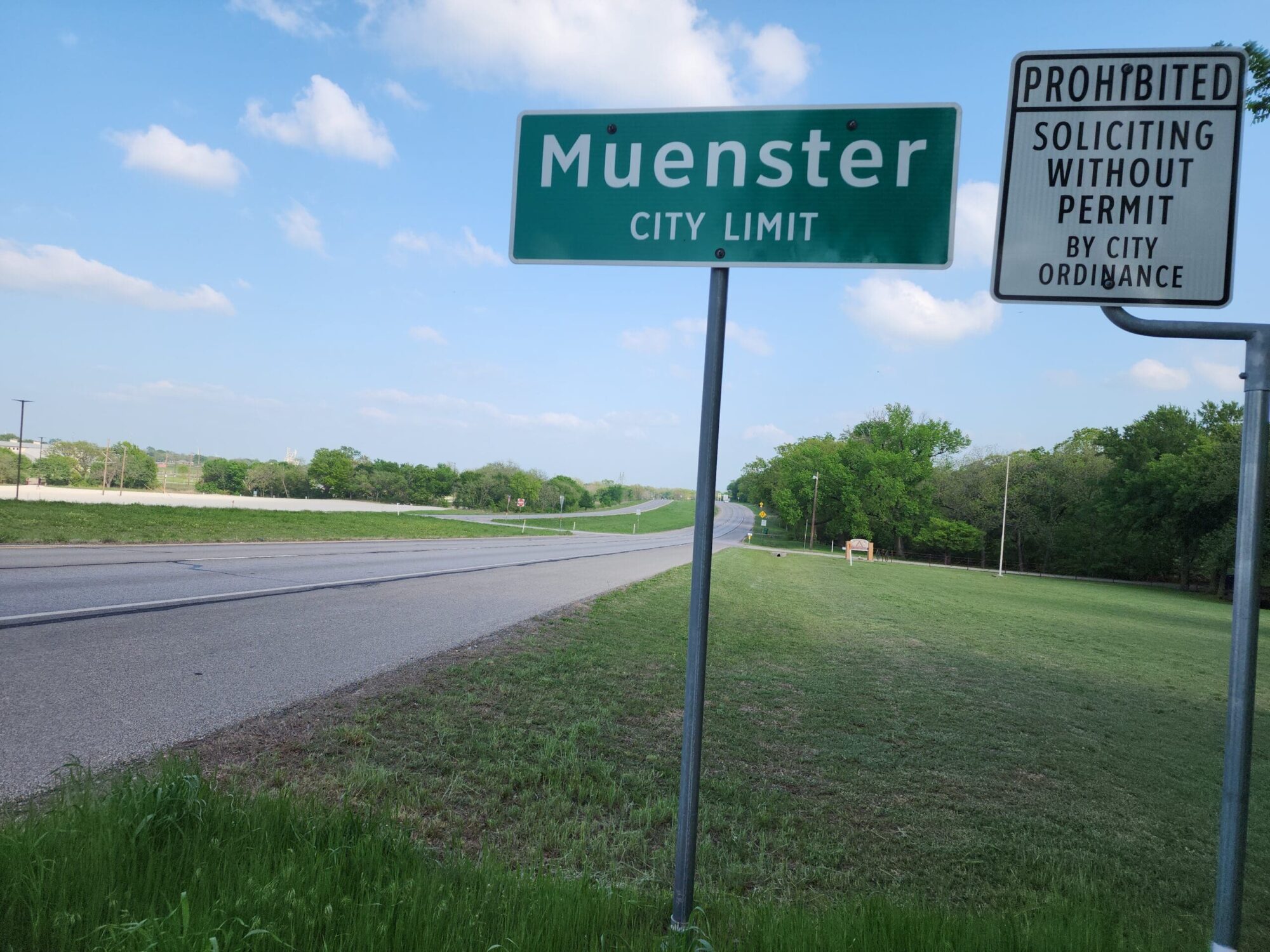Eight more women have joined a lawsuit against Texas, claiming that the state’s abortion law endangered their lives.
The Center for Reproductive Rights first filed the lawsuit in March 2023 on behalf of five women and two obstetrician-gynecologists who claimed that Texas’ medical emergency exception for abortions is too vague.
Last July, the U.S. Supreme Court reversed Roe v. Wade, allowing states to enact stricter abortion restrictions.
The court released its majority opinion in Dobbs v. Mississippi, a case challenging a Mississippi law that banned abortions after 15 weeks, finding that “the Constitution does not confer a right to abortion; Roe and Casey are overruled; and the authority to regulate abortion is returned to the people and their elected representatives.”
The decision also created a clear path for Texas’ abortion trigger law, which went into effect 30 days after the Supreme Court’s official ruling.
The law outlawed abortion except when the mother’s life is in danger. The law also made performing an abortion a punishable offense with penalties of up to life in prison and $100,000 in fines per offense.
The ban excludes ectopic pregnancies and miscarriages from the definition of abortion.
When the trigger law went into effect, many abortion providers stopped performing abortions or moved out of the state.
The Center’s Zurawski v. State of Texas lawsuit claims that the medical emergency exception for mothers is unclear and endangered the plaintiff’s lives when their doctors denied them an abortion even though they claimed to face “dangerous pregnancy complications.”
The lawsuit alleges that Texas’ abortion law contains conflicting language and non-medical terminology and that doctors are too afraid to rely on the exception for fear of professional or legal backlash.
The organization also claimed that the law “violates the Texas Constitution’s guarantees to life, liberty, and equality.”
The Center is calling for Texas to issue a binding interpretation of the law to clarify which circumstances create a medical emergency and when doctors can perform an abortion without violating state statutes.
The lead attorney for the case, Molly Duane, told the Associated Press that the law should consider non-medical emergencies when allowing exceptions for abortions.
“Our hope is that it will allow physicians at least a little more comfort when it comes to patients in obstetrical emergencies who really need an abortion where it’s going to [affect] their health, fertility or life going forward,” said Duane. “Almost all of the plaintiffs in the lawsuit tell similar stories about their doctors saying, if not for this law, I’d give you an abortion right now.”
A spokesman for Texas Attorney General Ken Paxton—who represents the state in this case—said the AG is committed to “doing everything in his power to protect mothers, families, and unborn children, and he will continue to defend and enforce the laws duly enacted by the Texas Legislature.”
Zurawski v. State of Texas is the first case challenging post-Roe abortion restrictions in the country, with the Center claiming that they will soon file additional lawsuits in other states.





